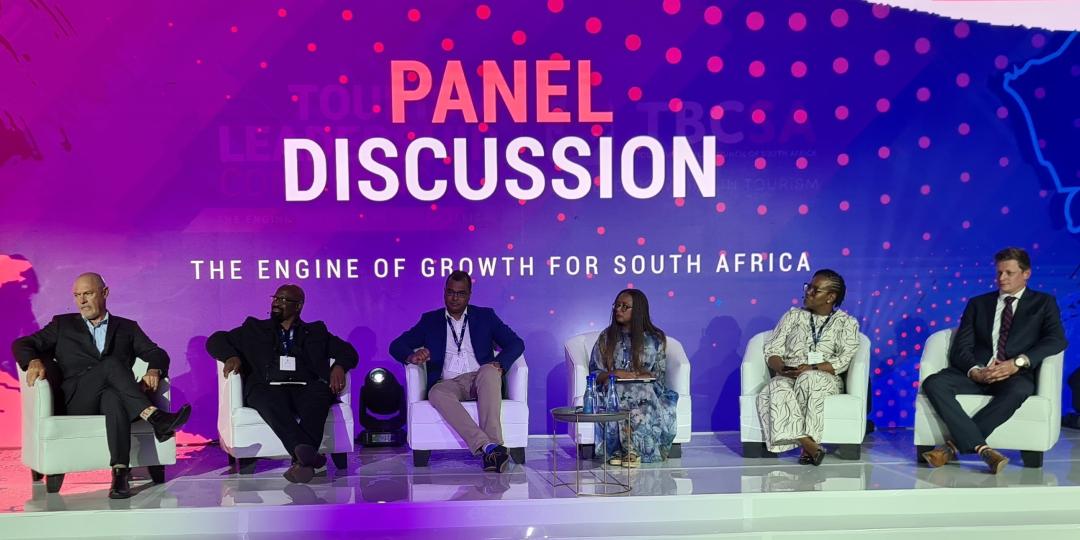Tourism leaders have called for a more integrated public- private-sector approach to marketing South Africa as a destination, again identifying collaboration as the key priority in driving increased tourism numbers.
The topic was at the core of several panel discussions at the TBCSA Tourism Leadership Conference in Sun City last week.
SATSA CEO David Frost said more alignment was required between South African Tourism and the private sector.
“What has happened historically is that SA Tourism has a budget and they develop game plans and execute those. And they do a really good job. But the private sector is often not appraised of these plans ahead of time,” said Frost during a panel discussion with SA Tourism COO, Nomasonto Ndlovu, and TBCSA CEO, Tshifhiwa Tshivhengwa.
Frost cited Australia, which outperforms South Africa in terms of overseas arrivals by more than double, despite “having an inferior tourism product”, as an example of what strong collaboration can achieve.
“They work together at inception and execute together. It’s really important to put together a structured framework where we can bring the private sector and SA Tourism together. Harness the intellect, the thought leadership and the experience in the private sector and bring it together with the great teams we have at SA Tourism.”
Tourism Minister Patricia de Lille agreed that the sector needed to align clearly behind one overarching marketing strategy.
“We must do more to aggressively market and promote our destination with one clear message and voice. We held our first tourism marketing workshop in July and we will be meeting again in October to refine our marketing strategy for the sector as a whole to address the fragmentation of marketing South Africa as a destination."
Budgets need to match tourism’s value
Tshivhengwa stressed the need to match the massive GDP contribution of tourism with the budgets allocated to the sector.
“We need to harness trade channels, the media and OTAs in our marketing efforts. But we cannot move messages without budget and people to move the message. The budgets allocated to tourism are not even close to what we contribute to the economy. When you say you have a R2.5bn budget, this isn’t actually a lot when it’s converted into the dollars and pounds needed to market tourism in our key source markets,” he said.
In a presentation at the conference, Derek Martin, Founder of hospitality data analytics company TrevPAR, said there was scope for South African hotels to up their pricing, despite the fact that the country’s average nightly room pricing was sitting at R1 473 (€72) for 2023 YTD, the highest level since 2016.
“Why are we charging this when we know that it is only around $60 to $80 per night? We can start looking at the way we price our destination and products,” said Martin.
He said despite lower numbers of tourists at hotels compared to pre-COVID, room revenue for 2023 was forecast to reach R25bn (€1.2bn), compared with around R21bn (€1bn) pre-COVID.























